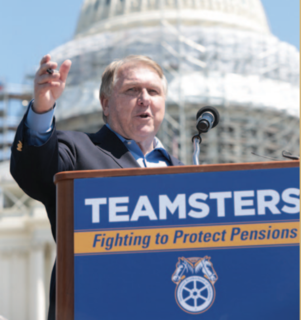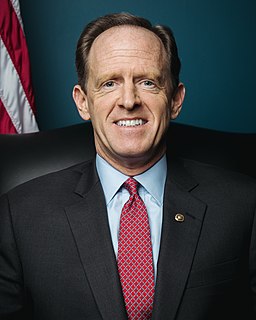A Quote by Kenneth Clarke
Trade deals are not the vehicle for raising or lowering standards of protection for consumers, the environment, workers or anyone else. Regulations are made by governments and parliaments.
Related Quotes
I think that when it comes to issues of trade, I think it is important for us to be in favor of trade, but I also think it is important to make sure that we are putting in place the labor standards, the environmental standards, that are going to provide some of a fighting chance for American workers.
Look, you are interested in trying to make sure that governments keep a clean environment, have regard for the lifestyles of indigenous peoples, and work for fair trade rules. Well, it's exactly the same for human rights - from non-discrimination to the basic rights to food, safe water, education and health care. We are talking rights not needs. There are standards that governments have signed up to - but nobody is holding them to account.
What Donald Trump has been concerned about, what he`s talked about, is when we get deals that don`t level the playing field, when we get deals that aren`t the kinds of best deals we can get, we want good deals, and those are free trade deals to lower the barriers between trade between two countries.
Unfortunately, the Environmental Protection Agency (EPA) has been especially aggressive in pursuing regulations that specifically target coal power plants. These regulations have already put hundreds of Pennsylvanians out of work and will continue to cause economic distress while yielding negligible benefits for our environment.
This is a very challenging time in the life of our nation. Weakened America's place in the world after the leadership of Hillary Clinton and Barack Obama on the world stage has been followed by an economy that is truly struggling, stifled by an avalanche of more taxes, more regulations, Obamacare, the war on coal and the kind of trade deals that put American workers in the back seat.
Raising the minimum wage and lowering the barriers to union organization would carry a trade-off - higher unemployment. A better idea is to have the government subsidize low-wage employment. The earned-income tax credit for low-income workers - which has been the object of proposed cuts by both President Clinton and congressional Republicans - has been a positive step in this direction.






























